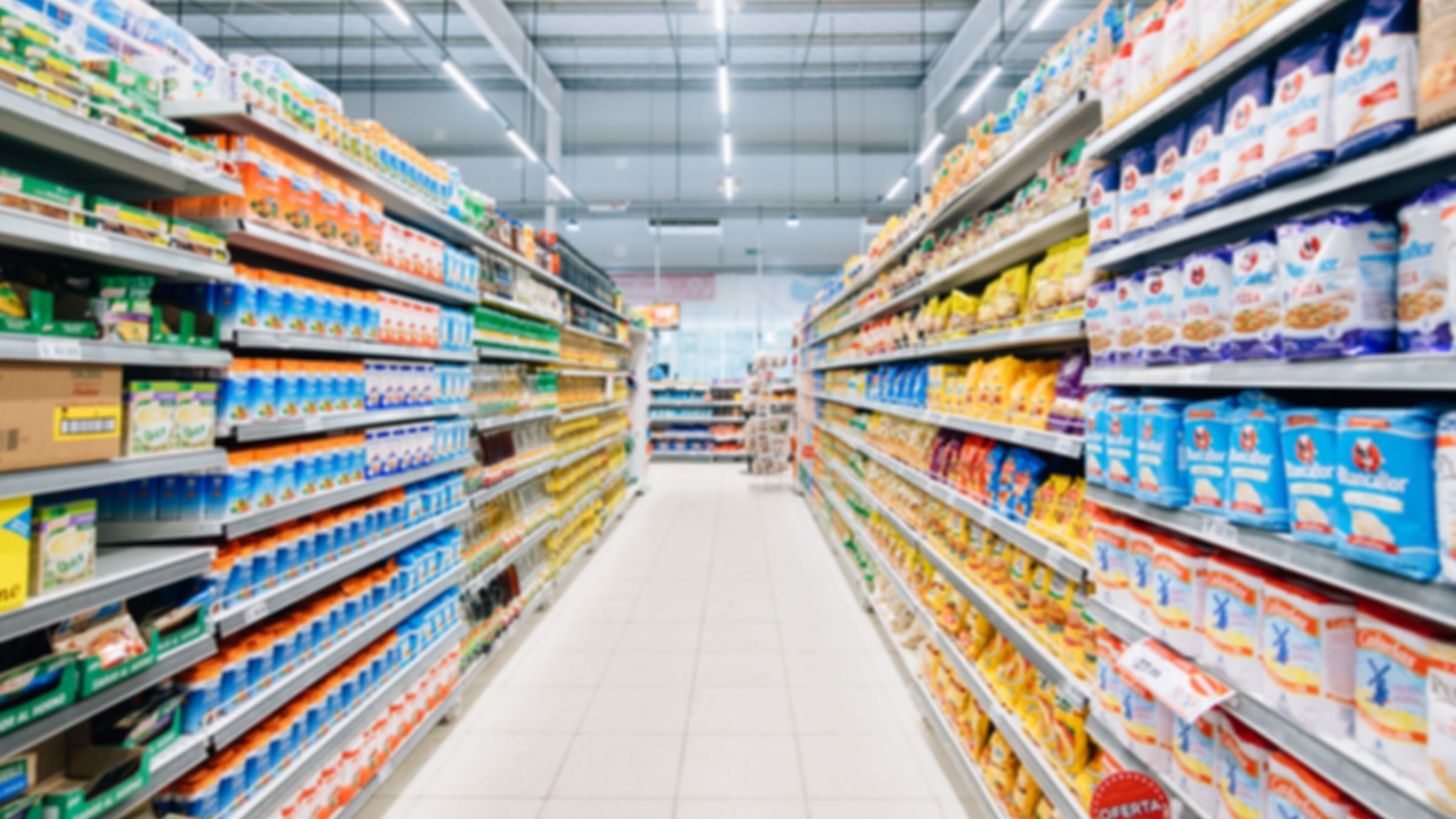
![]()
![]()
![]()
Euromonitor reports that Bermuda realizes about a quarter of its gross domestic product (GDP) from international business. Roughly one-third of the workforce is non-Bermudian although that percentage has been gradually falling during the present decade. Bermuda's lack of economic diversification and excessive reliance on mature industries limits its growth prospects. It is feared the secular decline in the tourist sector will leave Bermuda even more dependent on financial services and thus increasingly vulnerable to external shocks. Analysts point to the steady drop in the current account surplus, for which the decline in tourism is at least partly responsible. Unemployment has been steadily rising for several years. In 2021, the jobless rate stood at 6%.
Economic pillars are international business and tourism. British Bermuda is a North Atlantic business & tourism center. Not being in the Caribbean, it is the only part left of British North America after the USA and Canada got their independence. There is a Bermuda Government Department of Tourism web site which includes what offices in Bermuda and overseas it operates at Bermuda taxpayers' expense. Bermuda has a high-cost economy. The World Bank rates it as #5 in the world in GNI - Gross National Income. Most of its money comes from being an International Business center or offshore jurisdiction - some would say tax haven - for corporate entities (not for their employees). It is also a long-established tourism resort. It has no natural resources of its own in its 21 square miles, no oil, no gas, and no heavy industry.
High incomes to support discretionary spending: Bermuda enjoys one of the highest per capita incomes globally, having successfully exploited its location by providing financial services and luxury tourist facilities. GDP per capita stood at nearly US$118,000 in 2020, the third highest in the world that year. This bodes well for discretionary spending categories, particularly luxury goods, which will continue to benefit from large purchasing power of a meaningful number of Bermudians. Indeed, consumer expenditure is expected to rise by more than 20% in 2025 versus 2020 levels in USD terms.
The population of Bermuda in 2022 is 61,939. Declining birth rates are causing a drop in natural change are expected to lead to a shrinking population in Bermuda over 2021-2040, when it is forecast to contract by 7.4% versus growth of 9.3% for the Latin American average in that timeframe. In 2040, the population will stand at only 57,500, which could create challenges for its workforce, although many are expatriates. Nevertheless, the government has launched a strategy to incentivize Bermudians born abroad to return to the islands, in order to plug the population decline and reinforce the labor force.
The population of Bermuda is aging rapidly: Those aged 65+ are the only cohort that will experience growth over 2021-2040, expanding by 13.6% over this timeframe and against a backdrop of a contraction in those aged 0-14 of 18.1%. Additionally, the old-age dependency ratio is expected to rise meaningfully to stand at 36.8% in 2040 versus 23.5% for the Latin American average. The rapidly-ageing populace is expected to exert pressure on state coffers in the form of greater pension’s provision and higher healthcare costs, which has led the authorities to launch a strategy aimed at shoring up the healthcare service to future proof against the shock of higher demand.
USDA’S Agricultural Trade Office or “ATO” located in Miami reports that consumer tastes have gradually matured over the years, moving from canned foods to specialty items produced by specific brand names. Current American trends, such as the movement towards healthy, organic foods and home meal replacement, are slowly making an impact on the tastes and lifestyle preferences of the Bermudans. More and more women are working and Bermudans can afford to pay higher prices for the convenience. Consumers are demanding more expensive, exquisite foods. Bermudans are familiar with U.S. brands from television and most of the major brands are available in the market.
Economic pillars are international business and tourism. British Bermuda is a North Atlantic business & tourism center. Not being in the Caribbean, it is the only part left of British North America after the USA and Canada got their independence. There is a Bermuda Government Department of Tourism website which includes what offices in Bermuda and overseas it operates at Bermuda taxpayers' expense. Bermuda has a high-cost economy. The World Bank rates it as #5 in the world in GNI - Gross National Income. Most of its money comes from being an International Business center or offshore jurisdiction - some would say tax haven - for corporate entities (not for their employees). It is also a long-established tourism resort. It has no natural resources of its own in its 21 square miles, no oil, no gas, and no heavy industry.
Post adds that like all vital U.S. agricultural export markets, Bermuda comes with its own unique opportunities and challenges.
In 2021, total U.S. exports of agricultural products to Bermuda increased 6% US$96.7 million. U.S. consumer-oriented food products were US$89.8 million, an increase of 5% from 2020. That amount was 93% of the agricultural total. U.S. exports of processed foods grew 5%to US$61.7 million or nearly 64% of the agricultural total.
Top U.S. exports of processed foods in 2021 included:

“All of Food Export's programs were a tremendous help getting us export ready, understanding the challenges that come with international business, and learning how to navigate them.”
Katz Gluten Free
Food Export-Northeast Participant since 2018
![]()
![]()
Euromonitor expects that the 2022 value of the retail packaged food market in Bermuda to be US$109.2 million, an increase of 9.7% or also US$9.7 million from 2018. They also forecast the packaged food retail market to increase to US$121.6 million by 2026,
growth of 11.3% or US$12.3 million.
Top growth categories in the forecast include:
Miami ATO has reported that Bermudian’s high GDP per capita is reflected in their purchasing of very high-end, premium quality and name brand products. Locals are very brand loyal and thus, difficult to sway. Major U.S. brands present in the market include Del Monte, Nestle, Heinz, Kraft, Kellogg’s, and many others. Lack of shelf space continues to be a problem, making competition for the little space available quite fierce. As a result, only the products with the most demand are awarded prime shelf space. For many stores, if a new product is brought in, another is bumped out.
According to Euromonitor International, Bermuda’s retail sector is made up of over 100 outlets, evenly distributed between modern and traditional grocery stores. However, in terms of sales, modern outlets dwarf traditional grocers six to one. Supermarkets are the most important channel in this regard, accounting for 38% of total retail grocery sales, followed by hypermarts (19%), discounters (18%), traditional grocers (14%), forecourt retailers (7%), and convenience stores (5%).
Because franchises are not allowed in Bermuda, all grocery retail operations are locally owned companies. This includes all retail outlets, from small grocery shops, convenience stores, specialty shops, and large modern supermarkets. The few farms operating in Bermuda usually have small market stores where they sell locally grown crops and meats (e.g. pork, duck, and turkey, chicken). One such store is Wadson’s Home Farm Market. Local fishermen also have a few outlets of their own and they also supply retailers with local catch, which includes spiny lobster (from September to March), rockfish (black grouper), yellowfin tuna, wahoo, and glasseye snapper. In terms of major supermarkets, some of the main ones include the MarketPlace group, Arnold’s Markets, Lindo’s Family Foods, the Supermart, Miles Market and Harrington Hundreds
The U.S. maintains a dominant presence in the market as Bermuda’s primary trading partner. The major drivers pushing the success of U.S. goods are the availability, abundance, and quality of the products imported. Most U.S. products are shipped out of New Jersey and to a lesser extent out of Jacksonville, Florida. In the last report, U.S. food imports destined to the foodservice sector account for approximately 35%-45% of total U.S. food imports while the retail sector is estimated to account for 55%-65% of the total.
Large supermarkets purchase their goods from local wholesalers because they offer convenience and reliability of the items being supplied. However, some supermarkets have significant purchasing power and import directly from U.S. manufacturers. For example, Market Place and Lindo’s Market import from the U.S. on a regular basis.
In addition, most supermarkets and grocery stores will order mixed container loads to their New Jersey consolidators if they can offer better prices than the local wholesalers. It is important to emphasize that although direct imports do take place, it is not the norm in the nation’s retail sector. Bermuda has a well-established distribution network that channels most food imports through local importer/distributors.
Given very limited agricultural activity, food processing is also minimal. Bermuda has one dairy plant. Locally produced agricultural goods include items such as pork, poultry, eggs, horticultural crops, dairy, honey, and flowers.
Best Product Prospects:
ATO Miami reports that although per capita income in Bermuda is among the highest in the world, the cost of living is also high. Challenging economic conditions stemming from the Covid-19 pandemic, coupled with several years of limited growth and high unemployment, could create the opportunities for value products. Niche products, especially in the healthy foods category, also show good potential.
Your Connection To Growth®
©2024 Food Export Association of the Midwest USA and Food Export USA–Northeast. All Rights Reserved.
Food Export–Midwest and Food Export–Northeast prohibits discrimination in all its programs and activities on the basis of race, color, national origin, religion, sex, gender identity (including gender expression), sexual orientation, disability, age, marital status, familial/parental status, income derived from a public assistance program, political beliefs, reprisal or retaliation for prior civil rights activity. (Not all bases apply to all programs.) Persons with disabilities who require reasonable accommodations or alternative means of communication for program information (e.g., Braille, large print, audiotape, American Sign Language, etc.) should contact us. Additionally, program information may be made available in languages other than English.
To file a program discrimination complaint, complete the USDA Program Discrimination Complaint Form, AD-3027, found online https://www.ascr.usda.gov/filing-program-discrimination-complaint-usda-customer.
Food Export–Midwest and Food Export–Northeast reserve the right to deny services to any firm or individual which, in the sole opinion of Food Export–Midwest and Food Export–Northeast, does not comply with FAS, MAP or Food Export–Midwest and Food Export–Northeast regulations or policies, or otherwise offer the best opportunity to achieve its mission of increasing food and agricultural exports. Submission of any false or misleading information may be grounds for rejection or subsequent revocation of any application or participation. Food Export–Midwest and Food Export–Northeast are equal opportunity employers and providers.
